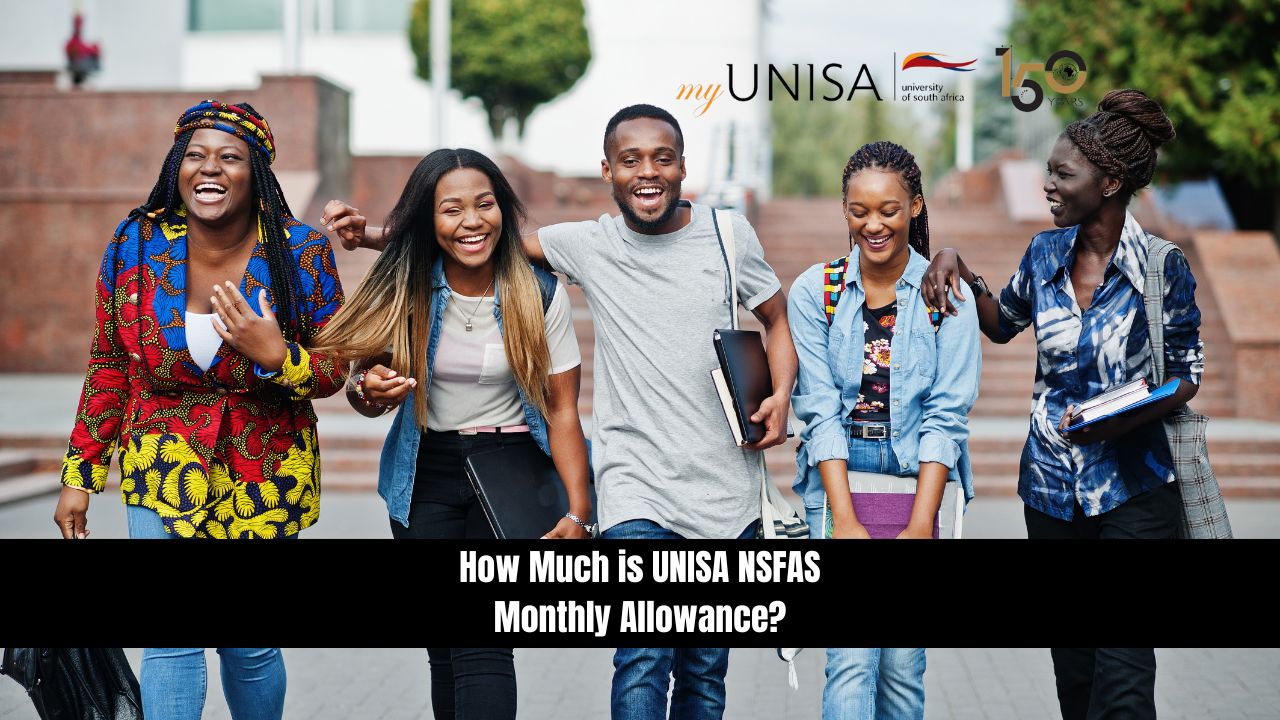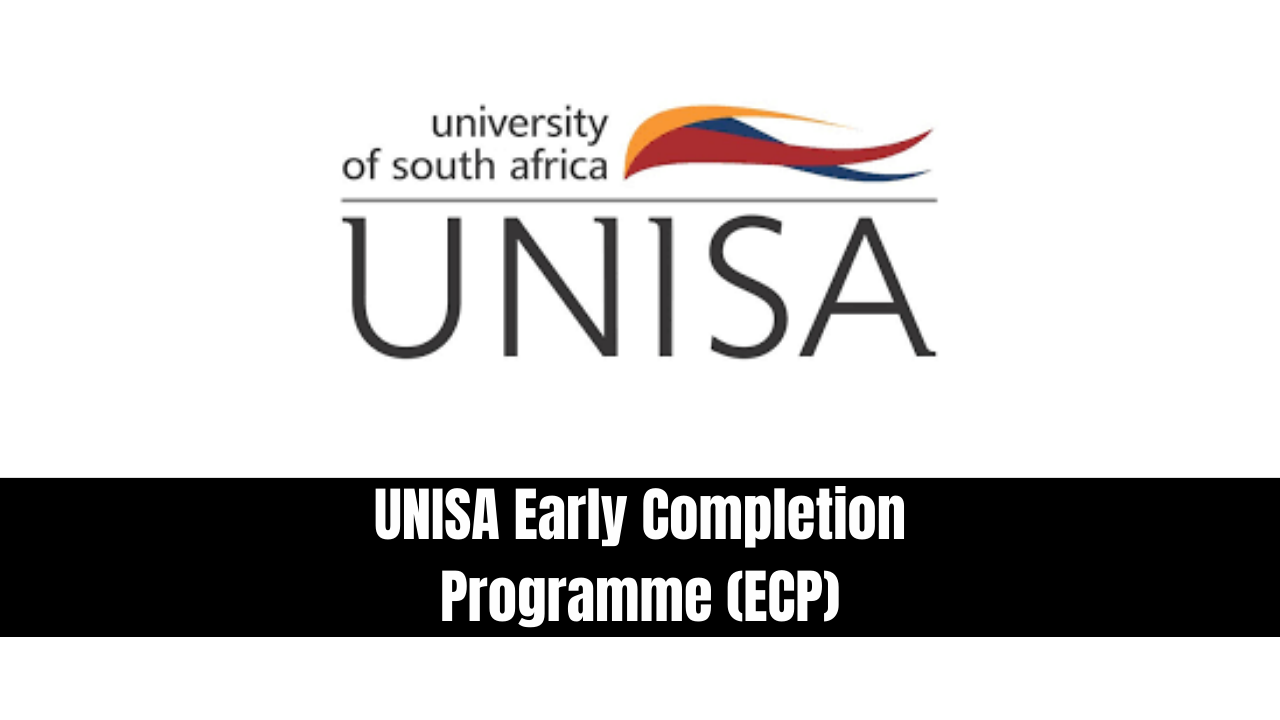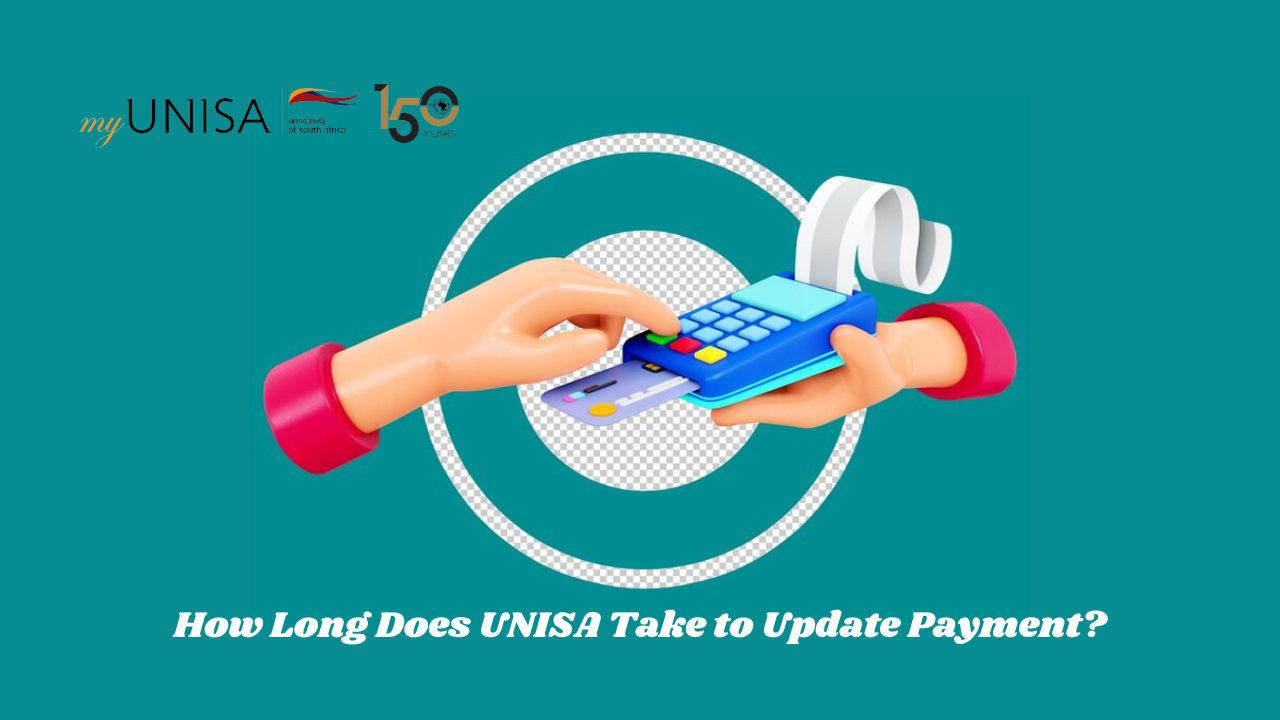How Much is UNISA NSFAS Monthly Allowance? The financial support provided by the National Student Financial Aid Scheme (NSFAS) is pivotal for many students attending the University of South Africa (UNISA). This support is crucial in helping students cover part of their living and learning expenses during their academic journey. Understanding how these allowances are calculated and distributed can aid students in budgeting and financial planning. Here’s a comprehensive breakdown of the NSFAS allowances for UNISA students.
How Much is UNISA NSFAS Monthly Allowance?
For students enrolled under the NSFAS Department of Higher Education and Training (DHET) Grant, the Learning Material Allowance (LMA) plays a significant role. The allowance is structured to cater to the varying needs based on the student’s course load:
- For students taking up to four modules: The allowance is provided at R630 per module. This structure is designed to assist with the purchase of textbooks and other educational materials, ensuring students have the necessary resources to succeed academically.
- For students enrolled in five or more modules: A total of R5460 is allocated per academic year. This lump sum is aimed at covering extensive material costs that accompany a heavier academic load.
Incidental Allowance
Apart from the learning material allowance, students registering for ten or more modules within an academic year qualify for an incidental allowance. This allowance, amounting to R304.1, is intended to cover minor expenses that are not directly related to academic materials but are essential for day-to-day student life. These may include printing costs, emergency purchases related to educational activities, or other unforeseen academic expenses.
Payment Mechanisms and Calculation
The disbursement of NSFAS allowances to UNISA students is meticulously calculated to ensure fairness and adequacy. These allowances are paid directly into the students’ bank accounts, allowing for immediate access and management of funds. UNISA, in partnership with NSFAS, aims to ensure that payments are timely, aligning with the academic calendar to aid in proper financial planning for students.
Financial Planning Tips for Students
Managing these allowances requires prudent financial planning. Here are a few tips for UNISA students on budgeting their NSFAS allowances:
- Budget Early: Start planning your finances as soon as the allowance is disbursed to prioritize essential expenses like textbooks and course materials.
- Save for Incidental Costs: Allocate a portion of the incidental allowance for unexpected academic costs throughout the semester.
- Monitor Spending: Keep track of your spending habits and adjust your budget monthly to avoid overspending and ensure your allowance covers the entire semester.
Conclusion
The financial support provided by NSFAS to UNISA students is a critical component of the educational journey, ensuring that financial barriers do not hinder academic success. By understanding the structure and strategic use of these allowances, students can effectively manage their finances, contributing to a more focused and productive academic experience.






